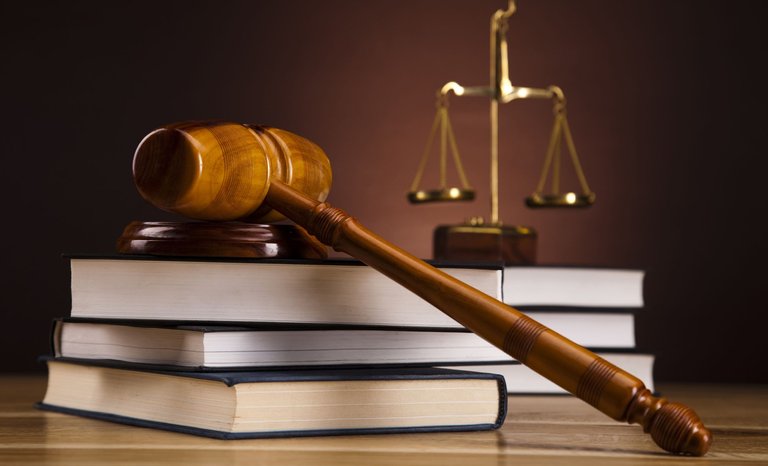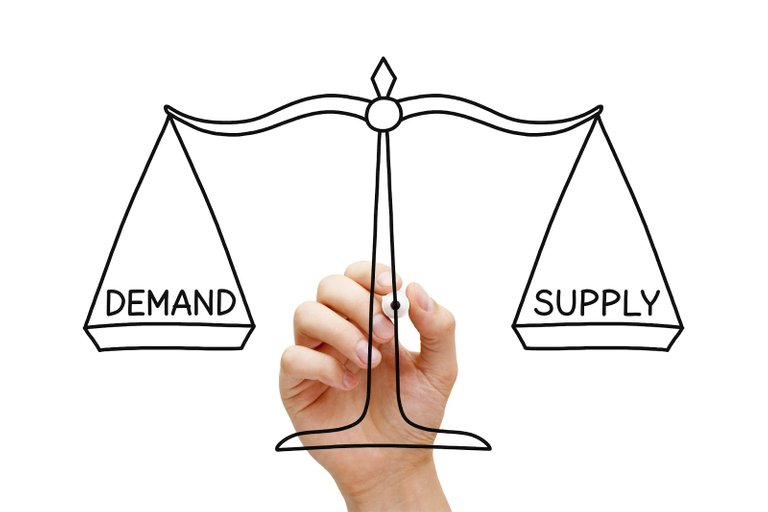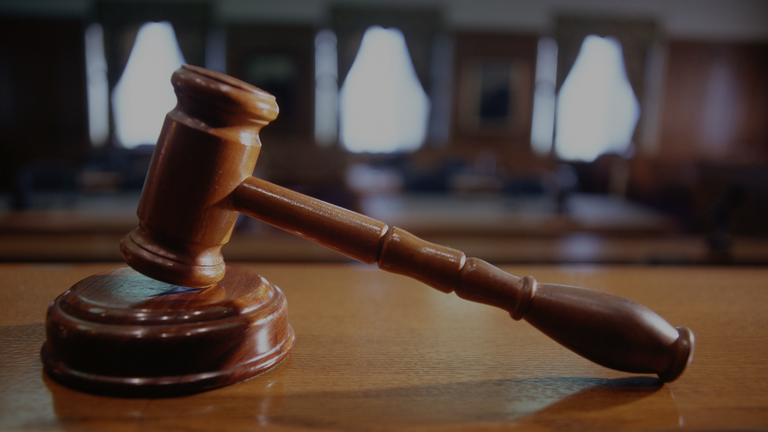It is common for people to think that a society without state management in a short time will be brought to a chaotic situation of lack of security, uncontrolled and widespread violence. Is the State then the great foundation of world peace and justice? Can we live in a peaceful and organized society without the presence of the state or are we destined to live under its control for all eternity?

Is it possible to exist laws without the state?
Natural laws and argumentative ethics:
Argumentative ethics is based on the principle that self-ownership is intrinsic to all people and from this, allows through logical derivations the discovery of a set of laws already existing in society (jusnaturalism). It is impossible to deny the concept of self-ownership without falling into a logical contradiction, for in arguing, the interlocutor makes use of his own body for this, where such action would only be possible if he had exclusive control over that body.
In arguing against self-ownership, the interlocutor, besides demonstrating it with the act itself, still recognizes the self-ownership of the other party, assuming that in this debate he will get a response. After all, only the owner of that body can use it to express his arguments.

Hans Hermann Hoppe - First to describe argumentative ethics
When we are still children, there is a need to be under the tutelage of someone who will give us our first properties beyond our body. Over the years, we have learned to produce value and develop negotiating skills.
For the maintenance of our self-ownership (so that we can live), we must extend it to other objects, being the first person to produce it or obtain it, or by granting use or voluntary exchange of some property that we possess.
When private property is not respected and two or more people wish to get hold of the same resource, we have a conflict. In this case, we can derive through argumentative ethics that any aggression to private property is unethical, since such an act could trigger uncontrolled violence.
Through the derivation of natural laws through the concept of private property, argumentative ethics is the only one among all possible and existing ethics capable of solving conflicts without generating new conflicts.
Regulation x Free market:
Aggression is understood to be any interference with the property of others without the consent of its owner. Thus any individual or institution that interferes with the property of third parties without the free and spontaneous consent of its owner is an unethical and illegal institution such as the state or any other criminal faction.
In an anarcho-capitalist society, it is of the utmost importance that the allocations of goods and services be described and recorded through contracts, being blockchain an excellent tool for this, for purposes of collection or future refunds.

The market is able to self-regulate through the law of supply and demand
Any and all forms of power that impose a particular regulation over private property of others are criminal and unethical, so the only form of ethical regulation possible is through natural laws as in the free market through the law of supply of demand.
When trade in goods and services is free, without any interference (such as state-owned, for example), it regulates itself as follows... the more a product approximates the will or need of customers, the more it will sell and its increased price and consequence thereof and the farther you are, the less you will sell and you will have to lower your price. On the other hand, if you put a value above what customers are willing to pay, you will sell less and consequently you will also have to lower the price, and if you have a price below, you will have the margin to increase it without harming your sales. what we call the law of supply and demand.
Free market reflects the will of the people.
Private justice:
Since the State is an illegitimate institution because it is unethical, who will be responsible for judging and determining sentences for criminals?
Without the presence of a central body, it is not for me to plan and determine how something involving everyone will be done, but the most obvious alternative is called the free market. Yes, private justice is the most likely alternative for state courts because they would have their services contracted voluntarily rather than imposed, and their judgment would have to be accepted by both parties involved.

Private courts will help solve disputes from your clients
But what if the defendant refuses to be tried or accepts the sentence given to him by the court?
Your name will probably be included in a public record that can be consulted by any person and he will be prone to boycotts and forsaken by that court if he will suffer aggression to his property until he resolves his pending.
But what if the court is malicious or does not give good sentences?
In a free market, at least one party may propose to use the services of another private court, since it is no longer under state monopoly, there are a number of options available.
It is also possible that rankings of the best courts organized through reviews answered by their former clients, in a system based on reputation. The very amount of customers a particular court will have will be defined by the law of supply and demand, and over time, if a court is determining good judgments, it will result in more clients than another who is going the other way.
What is a good sentence?
It is the one that is accepted by both parties and resolves the dispute completely without generating any other dispute as a consequence of its decision.
What if the defendant refuses to be tried by all courts?
As has been said previously, the accused will have a new entry included in a public record as someone in debt to each court to refuse, which should broaden the boycott of individuals and companies, and isolate it more and more in society. Your security will also not be guaranteed by any of these courts, which will not make a point of punishing a potential offender of your property.
Will imprisonment and death penalty be punishments applied by private courts?
Probably not, since for a good sentence to be enforced, it would be necessary for both parties to agree with it and it would be unlikely that the condemned party would accept such penalties. In this way, it is more likely that penalties that determine the payment of indemnities and the inclusion, even after payment, of their name in the same public registry mentioned above containing the history of their judgment become more common.

Steemit & Ancap - Freedom without borders!
And you, have any more questions or something to add that was not said here? Leave your comment just below.
Your Upvotes and Resteens are always welcome here :)
Do you like or are you interested in this content? Follow me to see every time I make new posts and you can always find content like this.